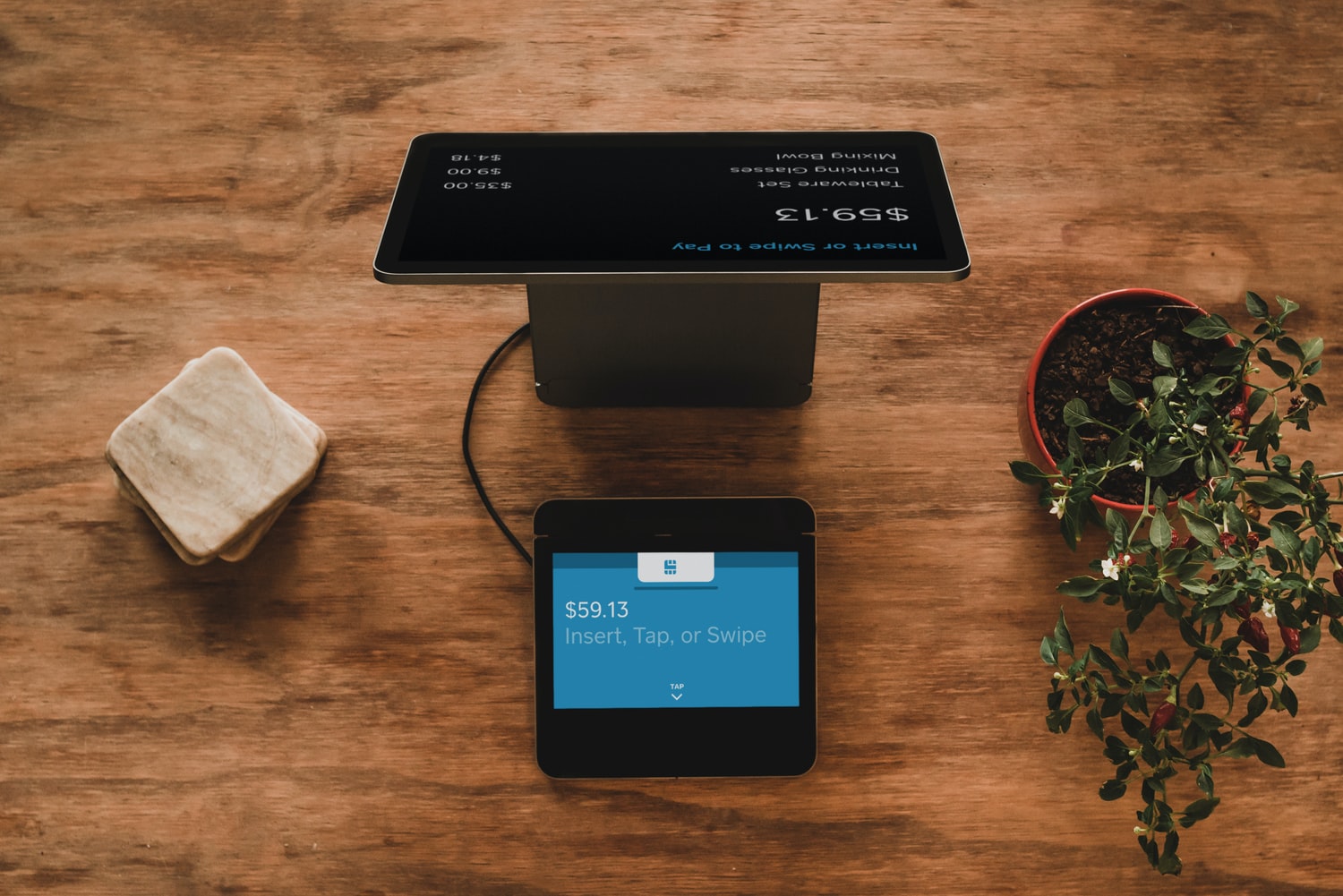How Fractional Marketing can accelerate growth in B2B tech companies

Digital has massively disrupted the B2B buying process in the last 5 years. B2B buyers now use at least 10 channels to evaluate and interact with suppliers, according to McKinsey.
B2B businesses have increasingly turned to marketing not sales to solve this complex challenge, which has meant its remit has evolved significantly. With so many areas of specialisation now sitting under the marketing umbrella, it’s impossible for small and mid-sized businesses to do everything themselves. This is leading to the demise of the marketing generalist, whilst giving way to the part-time ‘fractional’ specialist.
Today, high-performing marketing teams are focused on digital channels such as SEO, PPC, social media and email to engage buyers. They are able to harness insight and data to run more targeted, personalised account-based marketing (ABM) programmes. They are skilled in an array of digital marketing, website, UX and CRM platforms and tools, and able to demonstrate a measurable impact on revenue and growth.
They are also embracing artificial intelligence (AI) and automation to improve customer and buyer experiences. They are collaborating with sales teams and subject matter experts to create high value thought leadership and buyer enablement content. And they are ensuring they stay on the right side of changing data regulations.
These are just a few areas of B2B marketing that require specialist skills sets, backed by relevant experience. Such specialist teams will also need to be managed and orchestrated by strategic marketing leaders, who will also have the experience and commercial acumen to operate at board level.
To build such a multi-skilled marketing team with the optimal mix of senior, mid-level and junior members, now takes far more resources than most small and mid-size companies can afford in-house. When you combine a complex B2B buying journey with a highly specialised marketing field, most company’s finite marketing resources become stretched - and fast.
This is where fractional marketing comes in.

Whether via agencies or freelancers, you can now benefit from a fractional model for areas such as SEO, PPC, design, website development, thought leadership, martech optimisation and more.
Why your marketing approach is ineffective
The natural conclusion when marketing isn’t working is to question the tactics or the channel, rather than the strategy and its execution. For example, ‘Email marketing doesn’t work anymore’, or ‘LinkedIn is a complete waste of time’. This causes you to look for the next new channel, tactic or approach. And this ‘shiny new object syndrome’ is why many go wrong.
In reality, effective marketing means doing the same things, but doing them better than your competition. While you should of course employ certain approaches that are unique to you and your market, you’ll still need to rely on many of the same channels and tactics as everyone else.
So, it really comes down to how good your marketing strategy is and how well you execute your programme. It’s then not hard to see why experienced specialists are going to get you much, much further than inexperienced generalists.
In summary: Fractional Marketing - why now?
The workplace has changed forever. Most B2B companies now employ teams in a remote or hybrid environment. In fact, by the end of 2023 it’s expected that at least 25% of professionals will work remotely, according to a recent survey by Upwork. This is compared to just 6%, prior to the pandemic. The gig economy is also pushing many organisations to hire individuals for specific projects, rather than permanent roles.
While traditionally it felt more appropriate to hire internal marketers and have them sitting in an office, the pandemic has proved that it can work just as well (if not better) remotely. By embracing this mindset, it opens you up to a whole new talent pool.
This is important because the B2B marketing profession is still very immature when it comes to digital skills. There are far more junior generalists than experienced, mid and senior level experts outside of the larger tech enterprises. In such a tight labour market, finding marketing talent and holding onto it can be a real challenge for smaller organisations.
Such marketers are in high demand, and they come with a high price tag too. According to LinkedIn, there’s been a 63% rise in digital marketing roles since 2021 and the average UK annual salary for an experienced digital marketer is £47,000.
Lastly, while the UK appears to have narrowly avoided a recession, belts remain tight and headcount freezes are still common. Hiring full-time employees requires a strong business case, so if you’re going to recruit, you’ll want to be sure your new hire is going to deliver.
In many cases, hiring is not even an option, which means carrying out no marketing whatsoever, or increasing the pressure on an already over-stretched team.
These combining factors have made Fractional Marketing a much more viable option. In fact, there’s never been a better time to consider this approach. Just think about the gaps and short-comings in your current marketing operations. The chances are Fractional Marketing will be the quickest and most affordable solution.
References:
- B2B sales: Omnichannel everywhere, everytime, McKinsey & Company 2021
- Upwork study finds 22% of American workforce will be remote by 2025, Upwork, 2020
- Exclusive Linkedin data shows marketers are in demand - especially in the digital realm, The Drum 2021


